Discover the Women of the Hall
These are the Inductees of the National Women’s Hall of Fame. Select any of the women to discover their stories and learn how they have influenced other women and this country.
 Betty Friedan
Humanities
1921
Illinois
1993
Betty Friedan
Humanities
1921
Illinois
1993

Betty Friedan
Reshaped American attitudes toward women’s lives and rights through decades of social activism, strategic thinking and powerful writing. Her book The Feminine Mystique (1963) triggered the contemporary women’s movement. Her latest work is the best-selling The Fountain of Age.
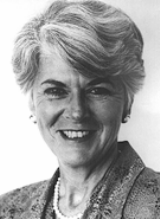 Geraldine Ferraro
Government
1935
New York
1994
Geraldine Ferraro
Government
1935
New York
1994

Geraldine Ferraro
First woman nominated by a major political party as a candidate for Vice President of the United States. Chosen to serve as the running mate of Democratic Presidential Nominee Walter Mondale in 1984, Ferraro had been an Assistant District Attorney in New York and later served in the United States Congress.
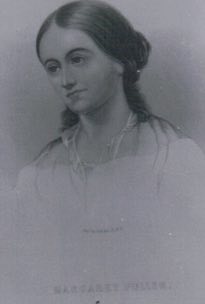 Margaret Fuller
Arts
1810
Massachusetts
1995
Margaret Fuller
Arts
1810
Massachusetts
1995

Margaret Fuller
Literary critic, editor, teacher and author. Fuller’s early writings inspired leaders of women’s rights. She was editor of the The Dial, a Transcendental journal, and she advocated liberation for all humanity.
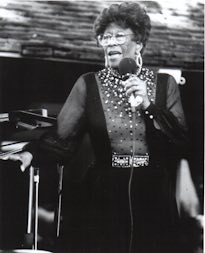 Ella Fitzgerald
Arts
1917
Virginia
1995
Ella Fitzgerald
Arts
1917
Virginia
1995

Ella Fitzgerald
World-renowned jazz singer and the first pop musician awarded the Lincoln Center Medallion. At 15, she entered a talent contest to dance. Her knees shook so much during the contest, she chose to sing instead and was discovered by a Chick Webb band member.
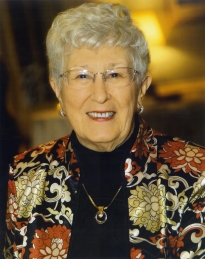 Loretta C. Ford
Science
1920
New York
2011
Loretta C. Ford
Science
1920
New York
2011

Loretta C. Ford
An internationally renowned nursing leader, Dr. Loretta C. Ford has devoted her career to practice, education, research, consultation and the delivery of health services. Dr. Ford is best known for co-founding the nurse practitioner model through her studies on the nurse’s expanded scope of practice in public health nursing. In 1972, Dr. Ford became the founding dean of the University of Rochester School of Nursing, where she implemented the unification model. Dr. Ford is the author of more than 100 publications and has served as a consultant and lecturer to multiple organizations and universities.
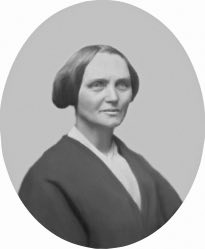 Abby Kelley Foster
Humanities
1811
Massachusetts
2011
Abby Kelley Foster
Humanities
1811
Massachusetts
2011

Abby Kelley Foster
A major figure in the national anti-slavery and women’s rights movements, Abby Kelley Foster is remembered for her roles as a lecturer, fundraiser, recruiter and organizer. In 1850, Foster helped develop plans for the National Woman’s Rights Convention in Massachusetts, and later, in 1868, she was among the organizers of the founding convention of the New England Woman Suffrage Association. During her lifetime, Foster worked extensively with the American Anti-Slavery Society, where she held several different positions within the organization. Foster worked tirelessly for the ratification of the fourteenth and fifteenth amendments and helped lay the groundwork for the nineteenth amendment to the U.S. Constitution.
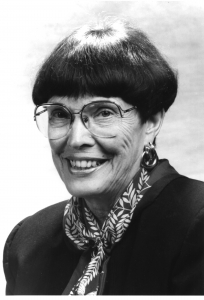 Helen Murray Free
Science
1923
Pennsylvania
2011
Helen Murray Free
Science
1923
Pennsylvania
2011

Helen Murray Free
A pioneering chemist, Helen Murray Free conducted research that revolutionized diagnostic testing in the laboratory and at home. Free is the co-developer of Clinistix, the first dip-and-read diagnostic test strips for monitoring glucose in urine. Along with her husband, Alfred Free, she also developed additional strips for testing levels of key indicators for other diseases. Today, dip-and-read strips make testing for diabetes, pregnancy, and other conditions available in underdeveloped regions of the United States and in foreign countries. Free is the recipient of numerous awards, including the National Medal of Technology and Innovation and the American Chemical Society’s 66th National Historic Chemical Landmark designation (2010).
 Betty Ford
Humanities
1918
Illinois
2013
Betty Ford
Humanities
1918
Illinois
2013

Betty Ford
A groundbreaking First Lady, Betty Ford is often remembered for her candor in addressing the controversial issues of her time. Shortly after she became the First Lady of the United States in 1974, Ford was diagnosed with breast cancer and underwent a radical mastectomy. Rather than suppressing the diagnosis, Ford courageously shared her personal story and inspired countless women across the nation to get breast examinations. In 1978, following a family intervention, Ford underwent successful treatment for addiction to alcohol and prescription drugs. She again used her story to raise public awareness of addiction, and in 1982, she co-founded the Betty Ford Center to treat victims of alcohol and chemical dependency. Ford was awarded the Presidential Medal of Freedom in 1991 and the Congressional Gold Medal, with President Gerald R. Ford, in 1999.
 Jane Fonda
Arts, Government, Humanities
1937
2019
Jane Fonda
Arts, Government, Humanities
1937
2019

Jane Fonda
A two-time Academy Award winning actress (Best Actress in 1971 for Klute and in 1978 for Coming Home), activist, businesswoman, author, producer for film and television and philanthropist, Jane Fonda has revolutionized how we see things from the screen to fitness to representations of women and girls in the media. From the counterculture of the 1960s to today’s feminism, Native American rights and environmentalism; from Kluteto 9 to 5 to Grace and Frankie: Fonda has been a visionary and powerful influencer. Through the Jane Fonda Foundation and the Fonda Family Foundation, Fonda funds causes related toyouth and education, adolescent reproductive health, the environment, human services, and the arts. In 2005, together with Robin Morgan and Gloria Steinem, she co-founded the Women’s Media Center, an organization that works to increase the visibility and power of women in media. Fonda serves on the board of the organization. She is the recipient of many honors and awards, including two Academy Awards, two BAFTAs, four Golden Globes, a Primetime Emmy Award, the AFI Life Achievement Award, and the Honorary Golden Lion. In 2007, Fonda received an Honorary Palme d’Or from the Cannes Film Festival, making her one of three people to ever be granted this honor until then. She was also recognized with a Tony Award nomination for her role on Broadway in Moisés Kaufman’s 33 Variations. In 2018, a documentary following Fonda’s remarkable journey, Jane Fonda in Five Acts, was released.
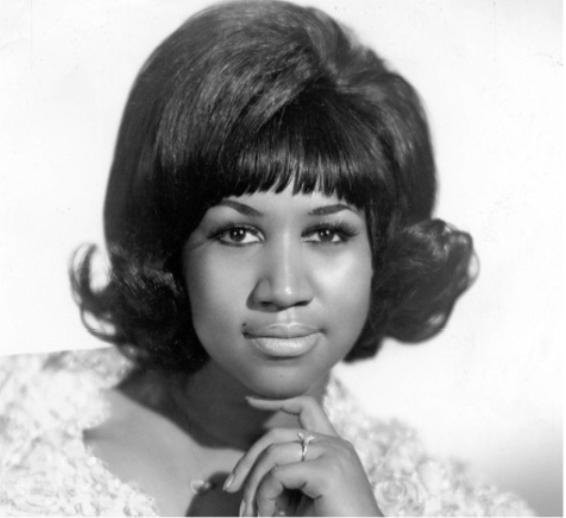 Aretha Franklin
Arts
1942
2020
Aretha Franklin
Arts
1942
2020

Aretha Franklin
A singer, songwriter, pianist, actress, and civil rights activist. Her multi-octave vocal range moved millions of people around the world during an expansive career that spanned six decades.
